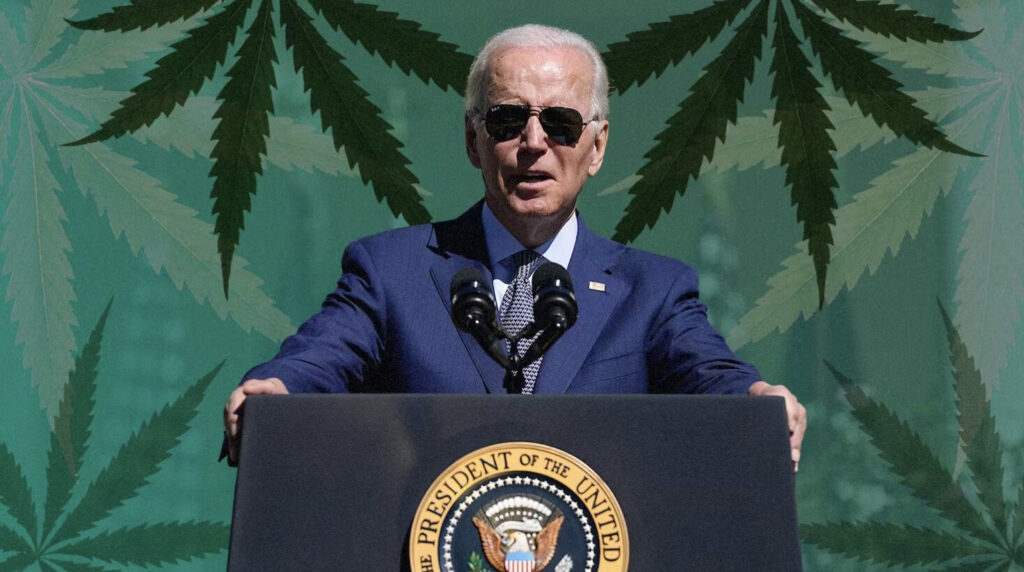 The Fed’s decision to reschedule cannabis from Schedule l to Schedule III could be a monumental shift in the landscape of cannabis regulation. But after years of resistance and misinformation, it’s understandable to feel skeptical. Can we trust this move, or is it just another way for Big Pharma to take control?
The Fed’s decision to reschedule cannabis from Schedule l to Schedule III could be a monumental shift in the landscape of cannabis regulation. But after years of resistance and misinformation, it’s understandable to feel skeptical. Can we trust this move, or is it just another way for Big Pharma to take control?
The Government and Cannabis: A Rocky History
Let’s be honest. The government has consistently let us down when it comes to cannabis policy. Decades of prohibition have stifled research, criminalized users, and marginalized communities. So, why should we believe that this time will be any different? It’s a valid concern, especially when considering the influence of Big Pharma.
Big Pharma’s Potential Interest
Cannabis’ rescheduling could open doors for pharmaceutical companies. Historically, Big Pharma hasn’t shown much interest in cannabis unless it can be synthesized in a lab. While this might seem threatening, there’s a glimmer of hope: the market is vast, and there’s room for everyone. Craft growers, dispensaries, and pharmaceutical companies can coexist, each serving different consumer needs.
The Future for Home Growers
One of the biggest fears is the potential impact on home growers. But let’s remain optimistic. Rescheduling doesn’t necessarily mean the end for small-scale cultivation. In fact, now is the time to advocate more fiercely for the rights of home growers. Legalization efforts should include protections for those who want to grow their own plants.
Time to Act: Push for Comprehensive Legalization
Now more than ever, it’s crucial to engage with lawmakers about comprehensive cannabis legalization. We need policies that protect home growers, ensure fair market practices, and promote further research into the plant’s medicinal benefits. The rescheduling of cannabis could be a step in the right direction but it’s up to us to make sure it leads to real progress.
Final Thoughts
The journey towards cannabis legalization has been long and fraught with obstacles. While rescheduling to Schedule III might seem like a small victory, it’s only a part of the larger battle. We must push harder, stay vigilant, and keep the conversation alive with our lawmakers. Only then can we ensure that the future of cannabis is inclusive, fair, and beneficial for all.
